By Chinwendu Obienyi
Nigeria now ranks as the fourth most expensive country for borrowing in Africa, following a series of aggressive interest rate hikes aimed at taming inflation and stabilizing the local currency.
This is according to a recent report by Nairametrics Research, which revealed that Zimbabwe, Sudan, and Ghana top the list of African countries with the highest Monetary Policy Rates (MPRs).
Nigeria follows closely behind with an MPR of 27.5 per cent, its highest in history set by the Central Bank of Nigeria (CBN) in July 2025.
The MPR serves as the benchmark interest rate in any economy, guiding the cost of borrowing across sectors. Commercial banks typically lend at rates well above the MPR, meaning any increase by the central bank translates directly into higher costs for loans, mortgages, and corporate credit.
Specifically, the CBN’s Monetary Policy Committee (MPC) has implemented a cumulative 1,025 basis point increase in the MPR over the past 18 months in one of the most aggressive tightening cycles seen in sub-Saharan Africa. This is because the central bank is battling a toxic mix of persistent inflation, largely driven by imported goods, naira depreciation, and widening fiscal imbalances.
According to the National Bureau of Statistics (NBS), Nigeria’s headline inflation moderated at 22.22 per cent in June from 22.97 per cent recorded in May. However, food inflation, despite dropping to 21.97 per cent year-on-year, rose to 3.25 per cent on a month-on-month basis, up from 2.19 per cent, owing to price increases in staples.
Still, the apex bank maintains that tight monetary policy is necessary to rein in inflation expectations and attract foreign portfolio inflows, particularly in a time of weak foreign reserves and high exchange rate volatility.
“Monetary tightening is not optional at this point. But without coordinated fiscal reforms, the cost of borrowing will remain a burden for businesses, especially small and medium enterprises”, analysts at Cardinal-Stone Partners stated.
Indeed, while higher interest rates have made Nigerian treasury bills and bonds more attractive to foreign and local investors, they have also deepened the credit crunch facing the private sector.
Analysts warn that high borrowing costs are now a major constraint on business expansion, job creation, and economic recovery. Chief Executive Officer, Economic Associates, Dr Ayo Teriba during a recent economic forum, said that Nigerian firms are already struggling with structural bottlenecks like inadequate power, poor transport infrastructure, and policy unpredictability.
He added that layering high interest rates on top of that makes it even harder for businesses to survive, let alone thrive.
“The impact is also being felt by the federal government, which has seen its debt servicing costs rise sharply in recent quarters. With public debt now exceeding N100 trillion, the federal government must borrow at increasingly higher rates to fund its budget deficit, further straining limited fiscal resources”, he explained.
Nigeria is not alone as the likes of Zimbabwe and Sudan maintains the highest interest rate on the continent as inflationary pressures remain stubbornly high.
The Reserve Bank of Zimbabwe (RBZ) held the policy rate firm at 35 per cent to rein in persistent price instability driven by currency volatility and structural economic weakness. Whereas, Sudan’s policy rate remains one of Africa’s steepest with triple-digit inflation at 113.35 per cent.
The dilemma facing Nigerian policymakers highlights a broader issue in many African economies: how to fight inflation effectively without crippling credit markets or stalling growth.
Experts have argued that interest rate policy must be complemented by structural reforms especially in agriculture, manufacturing, and trade to ease supply constraints and reduce reliance on imports.
Until then, Nigeria’s place among Africa’s most expensive borrowing environments is likely to persist, with businesses, households, and government alike bearing the cost of tight monetary policy.






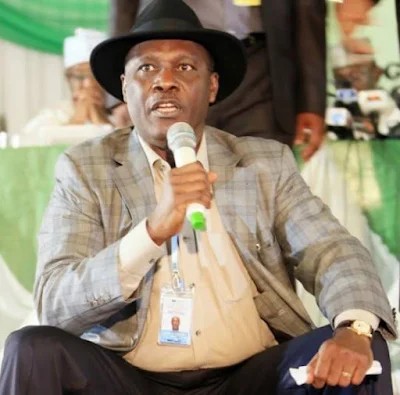

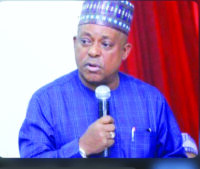
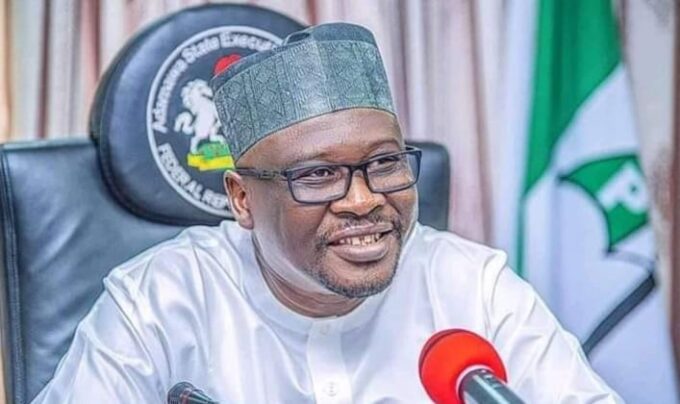
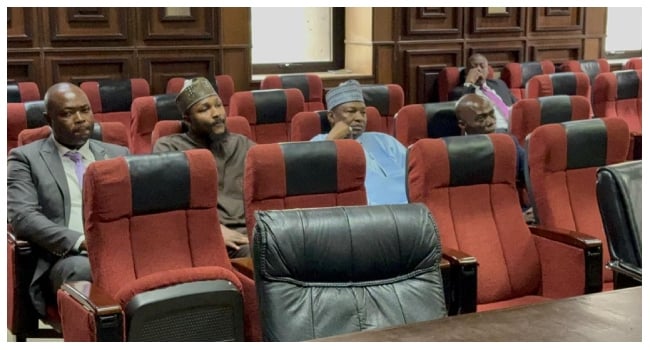
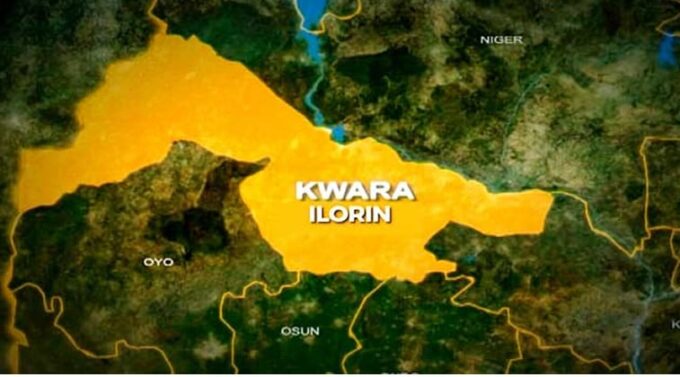






Leave a comment